Health and Hygiene Workshops are Conducted in Peru and Tanzania
Washing hands with soap and water and other simple hygiene practices are critical interventions for preventing disease spread. However, in some Global Volunteers’ partner communities, these habits lag due to a lack of resources and education. Community leaders have asked us to assist local staff in bringing educational workshops to children and parents to improve the health and hygiene of those we serve.
“Wash your hands before eating” isn’t as easy as it sounds in many developing countries. By providing school and household handwashing stations in Tanzania and teaching about proper handwashing in Peru and many other partner communities, short-term volunteers help prevent infectious diseases from spreading. Global Volunteers Country Managers Daniel Salazar and Winnie Mshindo elaborate on the impact of workshops in Peru and Tanzania.
Health and Hygiene Workshops in Peru
At the Sagrada Familia children’s home of Ventanilla, Peru, 250 resident at-risk and abandoned children share the campus with more than 1,000 day students from the surrounding shantytowns. One of the Sagrada Familia Community’s goals, through the clinic and school, is to prevent communicable disease. This is where Global Volunteers team members can have a far-reaching impact by presenting health and hygiene workshops.
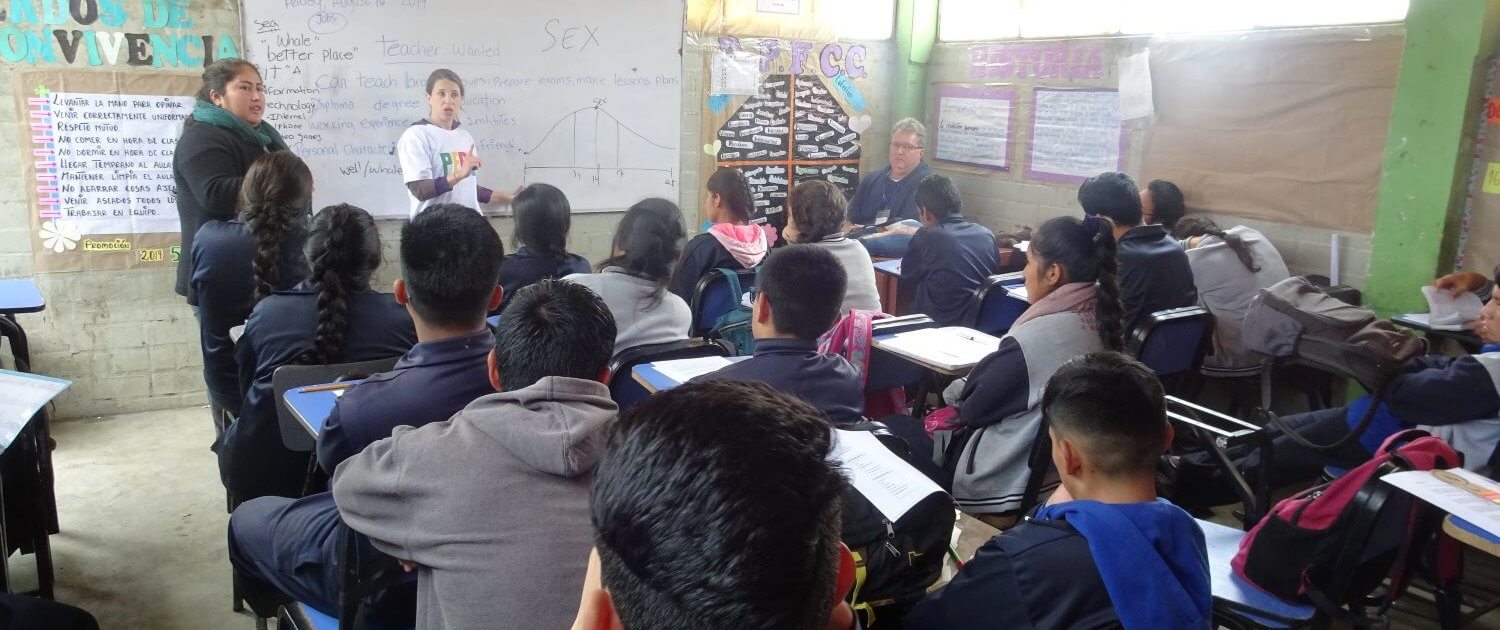
Most of the children living at Sagrada Familia come from small villages in remote areas of the Peruvian jungle or Andean region where fully equipped bathrooms with running water and soap are rare. Further, in the shanties around Sagrada Familia, running water is largely unavailable, and soap is unaffordable. Therefore, hand washing among these populations is rare. In the school and clinic on campus, these health and hygiene habits are taught.
Beyond hand washing, personal hygiene and self-care topics are integrated into educational venues as appropriate. Volunteers find opportunities to open friendly conversations about daily grooming, health routines, and the like in non-judgmental ways, so it’s easier for kids to open up and ask questions.
Workshops on health conditions such as anemia, diabetes, depression, stress, and breast cancer, common among adults living in Ventanilla, are conducted by volunteers. Participants learn that simple habits like eating a healthy diet, monitoring anxiety levels, and practicing self-exams are essential to prevent these conditions. Such basic education can help prevent serious health issues, decrease trips to the doctor, and save on medicine costs for folks with few resources.
Health and Nutrition Workshops in Tanzania
In the Ukwega Ward of Tanzania, hundreds of families are affected by common respiratory, urinary, and gastrointestinal diseases that can become serious without treatment. In most cases, these conditions are preventable with proper health and hygiene practices. But poor knowledge and economic poverty are significant obstacles to a healthy lifestyle. As in Peru, many rural people are unaware that handwashing with soap and water is a powerful preventative for many diseases. Through Global Volunteers’ Reaching Children’s Potential (RCP) Program, volunteer professionals conduct health and hygiene workshops to explain the importance of proper handwashing. And, RCP families are provided handwashing stations to encourage participating families to adopt this habit.
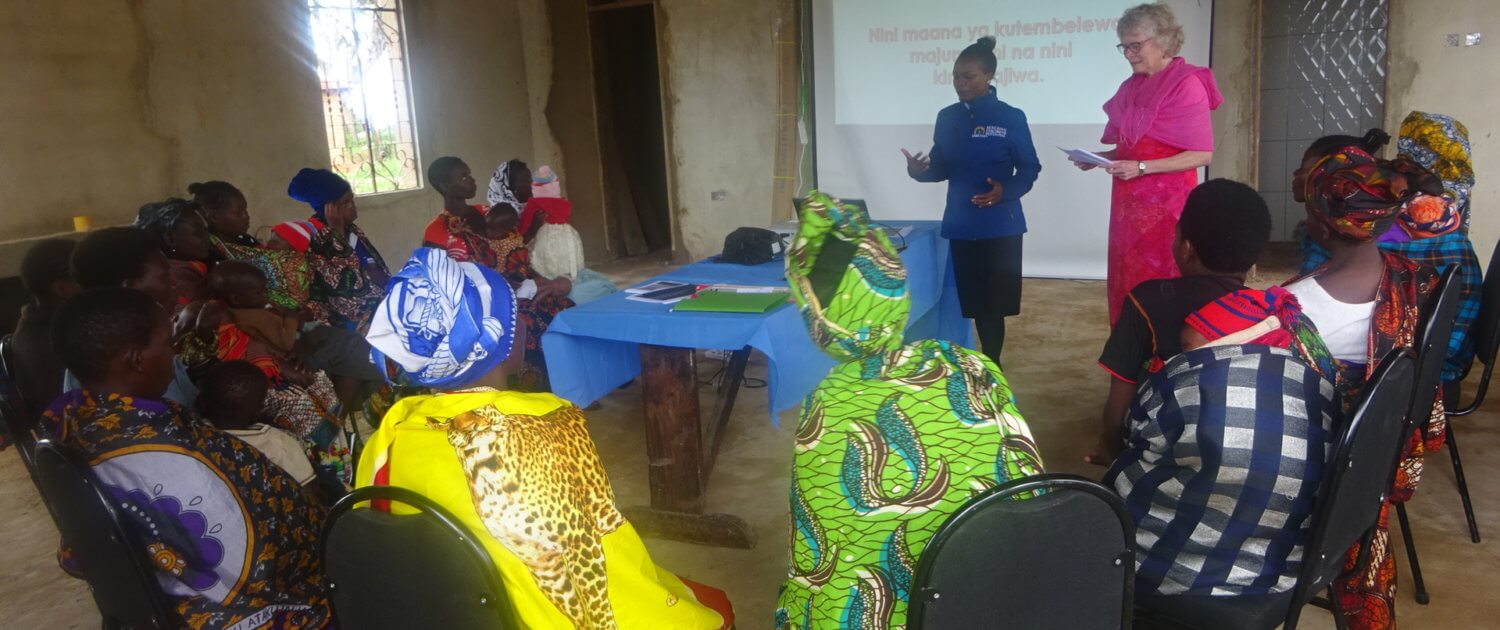
This process generates positive effects. Fanista Mgata, an RCP mother who attends the workshops, says: “I have shared the knowledge with my children, and my family is no longer suffering from stomach diseases.” Parents report that children enjoy washing their hands with soap and clean water, and as a result, there are fewer cases of diarrhea throughout the Ward. “The government insists on having handwashing stations for every household, mainly outside the toilet,” Winnie said. “Through the RCP Program, people have been able to adopt proper handwashing practices because they now have access to everything they need to keep their hands clean.”
Other RCP workshops focus on disease prevention (such as COVID-19 during the pandemic), sexually transmitted diseases, dental health, menstrual hygiene, and the importance of vaccines and mosquito nets. Other specialized sessions offer information on maintaining a healthy pregnancy and children’s developmental stages during their first 1,000 days of life.
“These interventions have changed people’s mindsets for the better,” Winnie reports. For instance, Sesiana Duma, another RCP program participant, learned that proper nutrition for herself and her infant baby is critical for preventing illness. “I have proven this to my children because there is a big difference between the one I breastfed six months exclusively and the one I didn’t. The one whom I breastfed six months exclusively is healthier than the other one,” shares Sesiana.
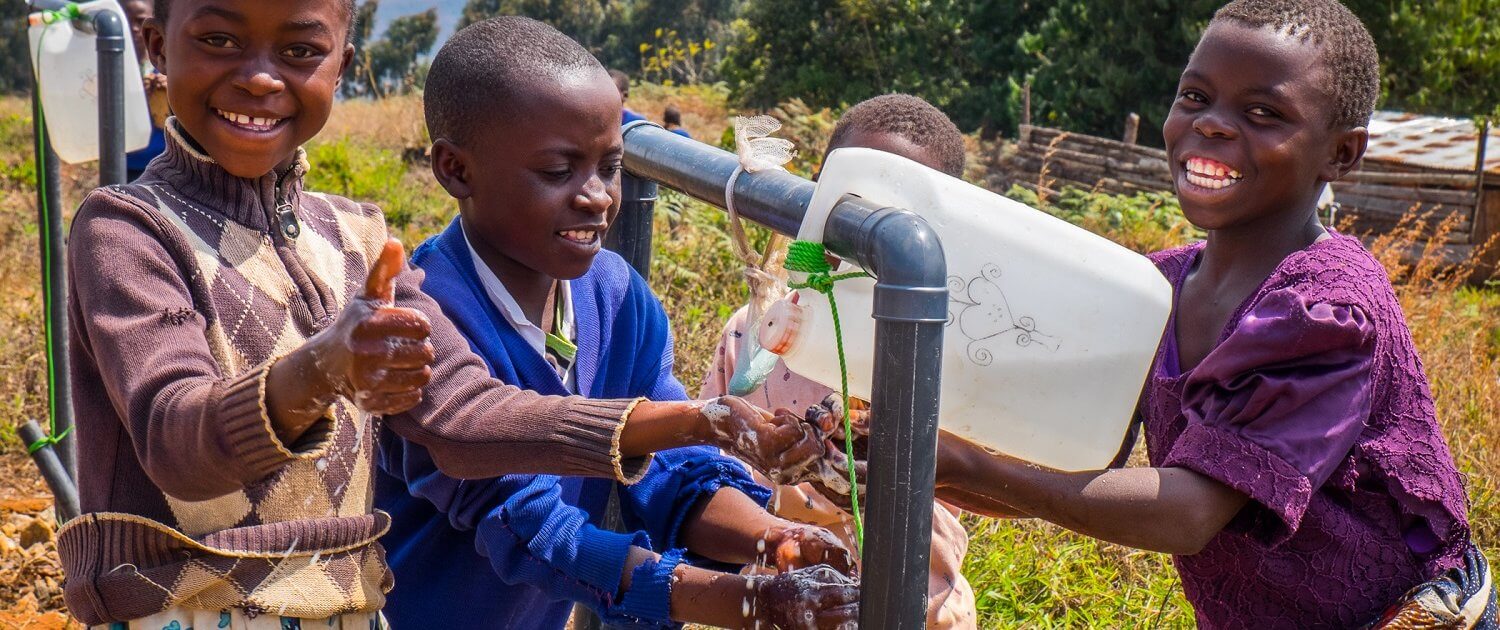
Most importantly, health and nutrition workshops have contributed to a dramatic reduction in childhood stunting. Of all children who were stunted when first enrolled in the program, 62% were not stunted after 18 months. Overall, stunting decreased from 37.4% to 30%, and severe stunting decreased from 20% to 7.5% in the RCP villages. “I’m happy that I got a chance to learn all this important information,” said RCP Mother Rebecca Mbilinyi, “because I know I will help my generation, meaning my children and grandchildren, and hopefully it will continue for generations after that.”
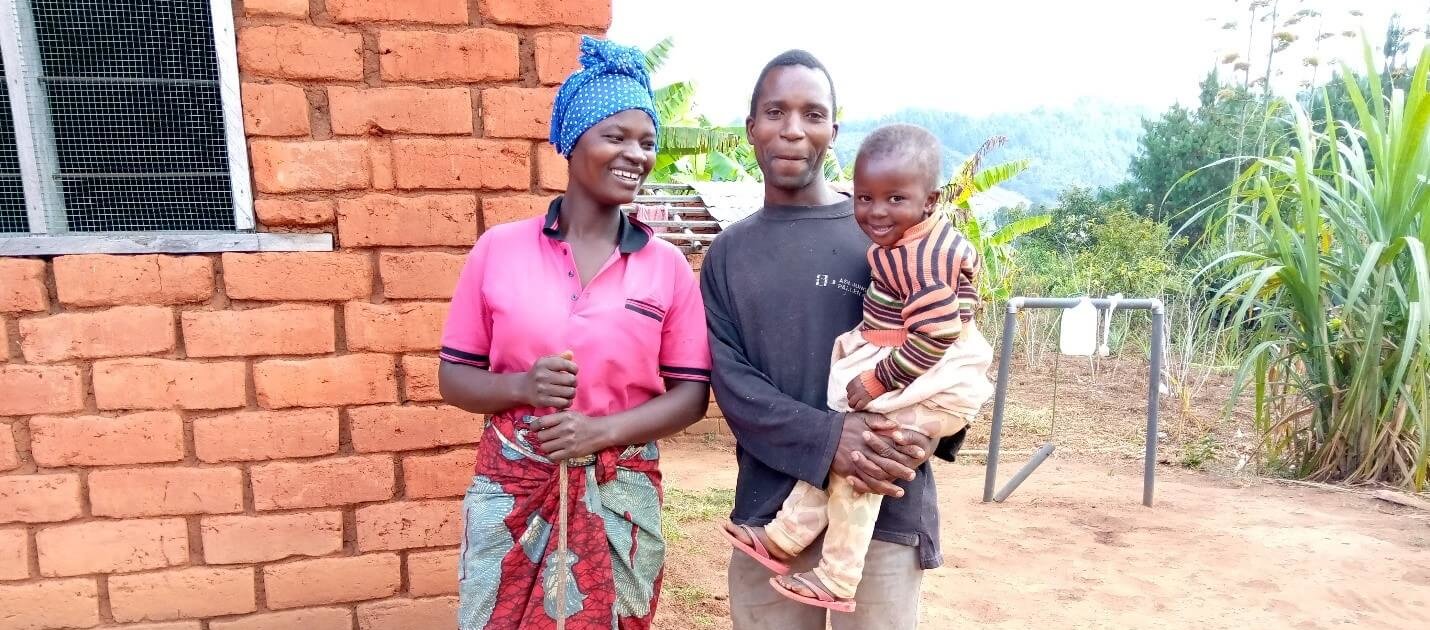
Workshops are Priority Projects
Along with Rebecca, Sesiana, and Fanista, hundreds of Tanzanian women eagerly await the return of volunteers to continue their education in RCP workshops. Similarly, Sagrada Familia Founder and Director Miguel Rodríguez plans more health and hygiene workshops for local children and adults when service programs resume in 2021. Volunteers are integral in reinforcing life-long behavior change, encouraging daily self-care, and providing tools for sustaining habits leading to healthy lives.
But funding is also needed. Nothing is free; everything costs something. Through the generosity of many donors, Global Volunteers can continue our work helping parents and their children. There are many ways you can contribute: volunteer in Peru or Tanzania; make a donation; purchase a memorable gift for your loved one from our Gift Catalog.
You may also like:

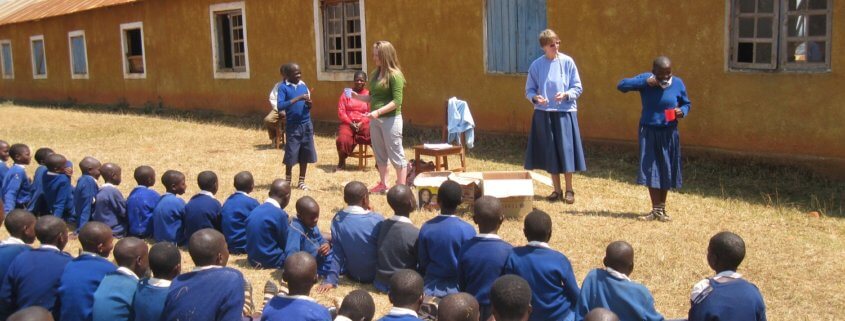


Leave a Reply
Want to join the discussion?Feel free to contribute!